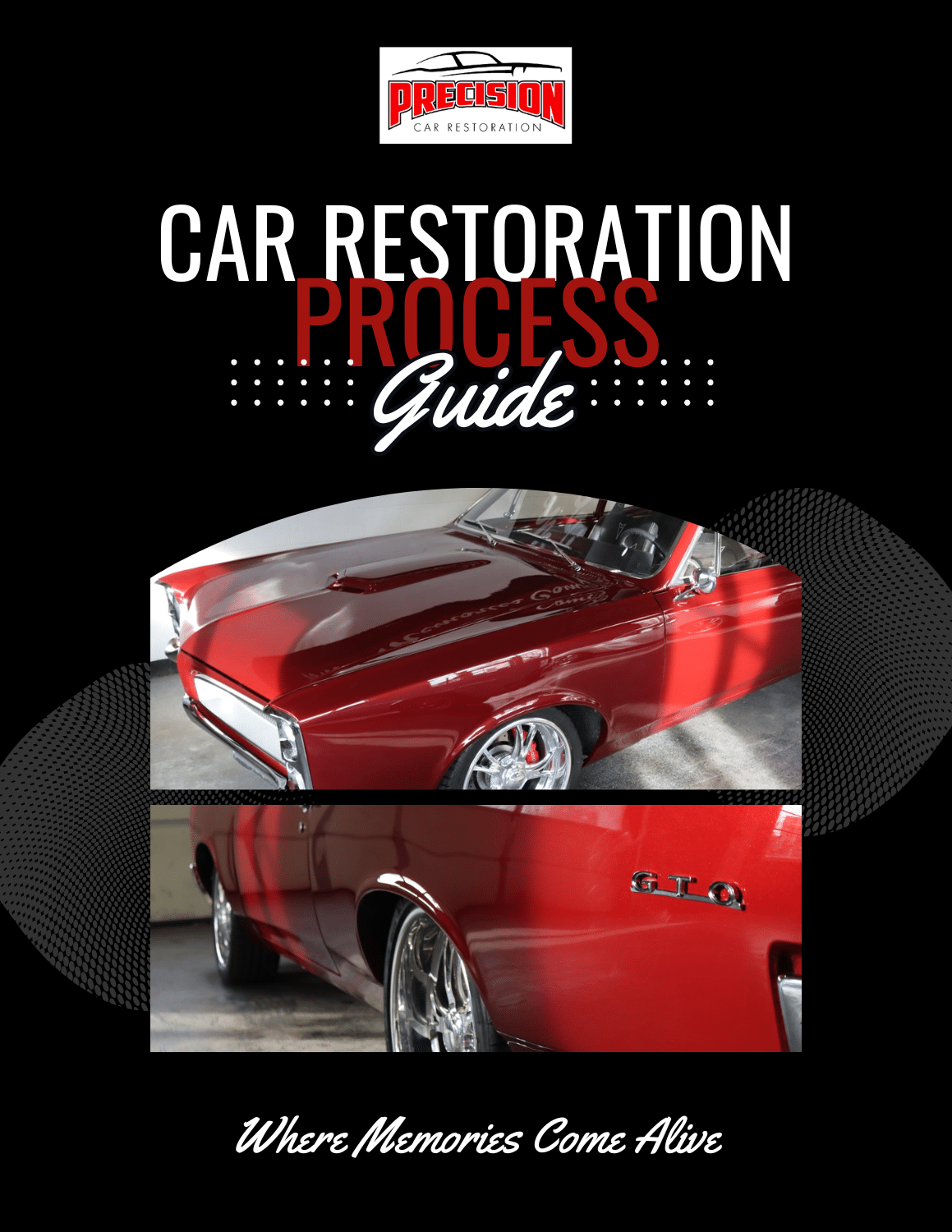 Some classic car enthusiasts are content to keep their most prized vehicles safe in the garage. Restored classic cars have a great look to them, and if your primary objective is to preserve the car –– or else display it in shows –– then keeping it locked away most of the time makes sense. If, on the other hand, you want to drive a classic car on a regular basis, then it’s important to take a few steps to guarantee its roadworthiness. Thankfully, we’re here to help on that front. These five tips will show you how to make a classic car a daily driver:
Some classic car enthusiasts are content to keep their most prized vehicles safe in the garage. Restored classic cars have a great look to them, and if your primary objective is to preserve the car –– or else display it in shows –– then keeping it locked away most of the time makes sense. If, on the other hand, you want to drive a classic car on a regular basis, then it’s important to take a few steps to guarantee its roadworthiness. Thankfully, we’re here to help on that front. These five tips will show you how to make a classic car a daily driver:
Pick the Right Car
First, classic car owners should recognize that not every classic vehicle is a good candidate for daily use. Indeed, many states restrict the number of miles cars of a certain age can be driven within a single year. What’s more, particularly old or particularly rare cars are typically not suited to everyday wear and tear –– for obvious reasons. As such, classic car lovers should pick a car that is both durable and popular if they plan on using it a lot. That way, they’ll be able to easily find replacement parts and receive service for it.
Full or Partial Restoration
Many classic cars require more than a “tune-up” in order to meet modern safety standards. Cars from the 70s, 60s, and earlier may need electrical repairs, body work, brake replacements, suspension repairs, or an entirely new engine. Leaving aside cosmetics for a moment, classic cars that haven’t been restored can present a safety hazard. That’s why classic car owners should speak with a professional before they decide to make a classic car their primary vehicle.
Modern Upgrades
Even if a classic car is in “perfect” condition, many modern drivers find it difficult to handle older vehicles. Keep in mind that muscle cars from the 60s and 70s didn’t have modern amenities like power steering or air conditioning. Given that fact, restomods are often popular with classic car owners who want to drive their vehicles consistently. A restomod is a classic car that has been both “restored” and “modified.” In that sense, it boasts the best features of classic and modern vehicles.
Proper Storage
Classic car owners should ensure that they store all of their vehicles in safe and secure places –– including cars designated for regular use. Proper storage can help prevent rust damage, body imperfections, and other issues that can affect the quality and performance of a classic car. Click here for some tips on storing a classic car for an extended period of time.
Regular Maintenance
Though it should go without saying, classic cars require regular maintenance. That goes double for daily driver classic cars. Note that older cars normally need services like oil changes and tire rotations more than newer cars. And the sooner you address interior or exterior aesthetic issues, the better. A classic car is a thing of beauty –– so make sure to treat it right!
Learn More
At Precision Restorations, we can handle every aspect of a classic car restoration from the paint job, to the shocks and springs, and everything in between. (Plus we offer restomod services too!) Contact us toll-free at 1-844-503-8118, or email me directly at [email protected]. We love talking about restoring classic cars!

